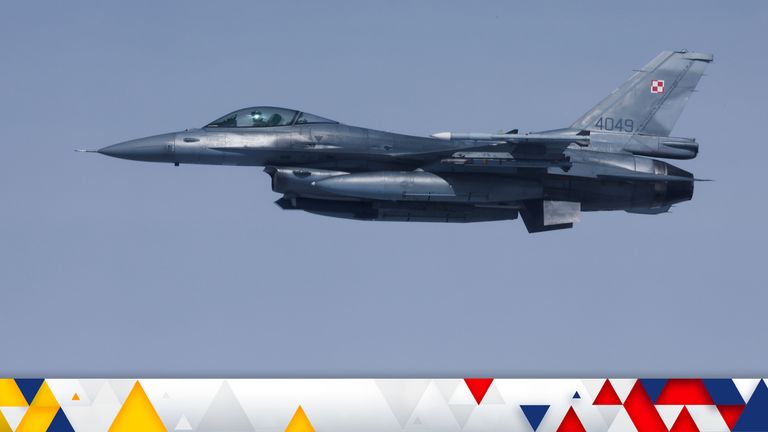Russia should consider a "demonstrative" nuclear blast to stop the West allowing Ukraine to use weapons inside its territory, a Putin-backed thinktank has suggested.
The suggestion came from Dmitry Suslov,a senior member of the Moscow-based Council for Foreign and Defence Policy, yesterday.
Writing in business magazine Profil, he said: "To confirm the seriousness of Russia's intentions and to convince our opponents of Moscow's readiness to escalate, it is worth considering a demonstrative nuclear explosion.
"The political and psychological effect of a nuclear mushroom cloud, which will be shown live on all TV channels around the world, will hopefully remind Western politicians of the one thing that has prevented wars between the great powers since 1945 and that they have now largely lost - fear of nuclear war."
Vladimir Putin has previously praised the Council for Foreign and Defence Policy and has taken part in policy discussions run by the thinktank.


